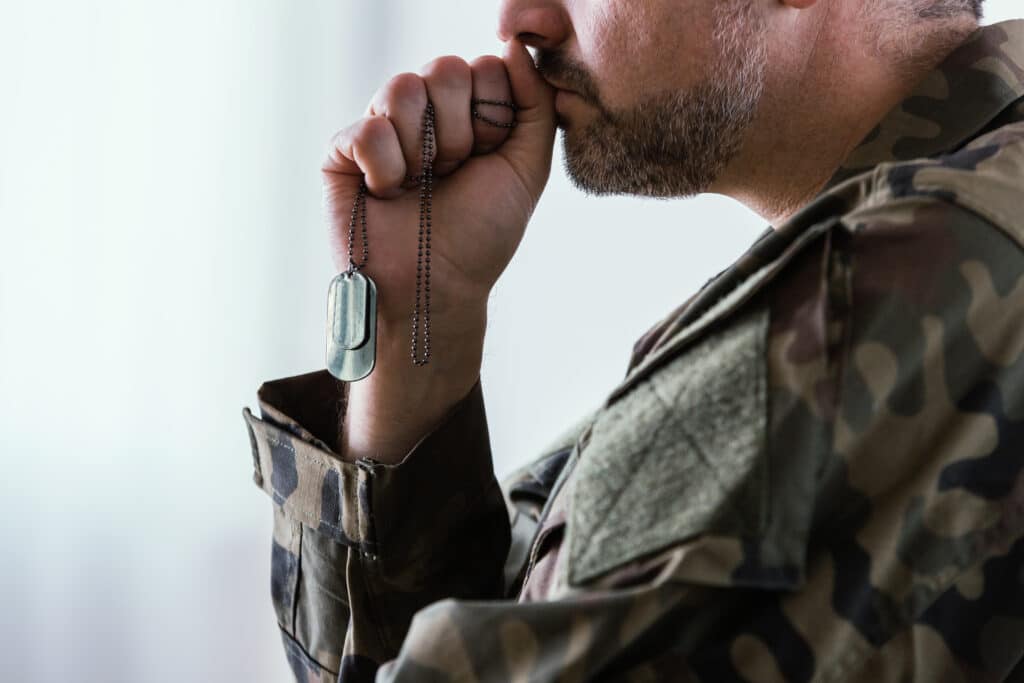VA Disability Benefits for Depression: What Veterans Should Know

Depression is one of the most common service-connected mental health conditions among veterans. Military service can involve trauma, stress, or life changes that increase the risk of developing depression—and when those symptoms interfere with daily life, the U.S. Department of Veterans Affairs (VA) may provide disability benefits.
If you’re a veteran living with depression, here’s what you need to know about VA disability ratings, how the process works, and what resources are available to help.
How the VA Rates Depression
When you file a disability claim for depression, the VA evaluates your symptoms and how much they affect your ability to function in daily life. Ratings range from 0 to 100 percent, based on severity:
- 100% – Total occupational and social impairment, including severe symptoms like hallucinations, delusions, memory loss, or dangerous behavior.
- 70% – Serious difficulties in work and relationships, with symptoms such as suicidal thoughts, disorientation, or inability to function independently.
- 50% – Reduced reliability and productivity, frequent panic attacks, memory problems, or difficulty maintaining relationships.
- 30% – Periodic symptoms such as depressed mood, anxiety, sleep issues, or mild memory loss, but with general ability to work and maintain relationships.
- 10% – Mild symptoms that appear mainly during stressful times or can be controlled with medication.
- 0% – Diagnosis is present, but symptoms don’t significantly interfere with work or social life.
Your disability rating determines the amount of monthly compensation you receive.
What to Expect During a VA Exam for Depression

Most claims involve a Compensation & Pension (C&P) exam, where a VA provider (or contracted physician) reviews your medical history, current symptoms, and how depression impacts your daily life.
You may be asked about:
- Previous diagnoses, medications, or treatments
- Current depression symptoms and their severity
- How your mental health affects work, relationships, and routines
- Possible psychological testing, if needed
Tip: Be honest and thorough during your exam. Bring medical records, therapy notes, or written statements from loved ones to strengthen your case.
Depression as a Secondary Disability
Sometimes depression develops because of another service-connected condition. For example, chronic pain, tinnitus, PTSD, traumatic brain injury, or military sexual trauma may lead to depression. In these cases, you can file for depression as a secondary disability to your primary service-connected condition.
Why Getting Help Matters

The VA has found that fewer than half of veterans returning from combat zones seek mental health treatment. But untreated depression can seriously affect work, relationships, and overall quality of life—and it raises the risk of suicide.
- In 2021, the suicide rate among veterans was 71.8% higher than among non-veteran adults.
- More than half of veterans who died by suicide that year were not receiving VA health services.
If you’re experiencing thoughts of self-harm, please call 988 (then press 1 for the Veterans Crisis Line). You are not alone, and help is available 24/7.
Steps to Strengthen Your VA Claim
If you’re filing for VA disability benefits for depression, consider:
- Getting a formal diagnosis from a mental health professional using DSM-5 criteria.
- Documenting symptoms and their impact on your life.
- Seeking treatment (therapy, medication, or both).
- Submitting supporting evidence such as medical records, therapy notes, or statements from family and friends.
The process can feel overwhelming, but persistence pays off and you don’t have to do it alone
Final Thoughts
Depression is a serious condition, but with the right support, treatment, and benefits, recovery and stability are possible. If you believe your depression is connected to your military service, consider filing a VA disability claim. Having strong documentation, attending your C&P exam, and seeking care can improve your chances of approval.
For additional support, connect with a Veterans Service Organization (VSO) or a trusted representative who can guide you through the process. You may also explore additional guides by visiting https://veteransguide.org/.
And remember: If you’re in crisis, call 988 and press 1 to connect immediately with the Veterans Crisis Line.
